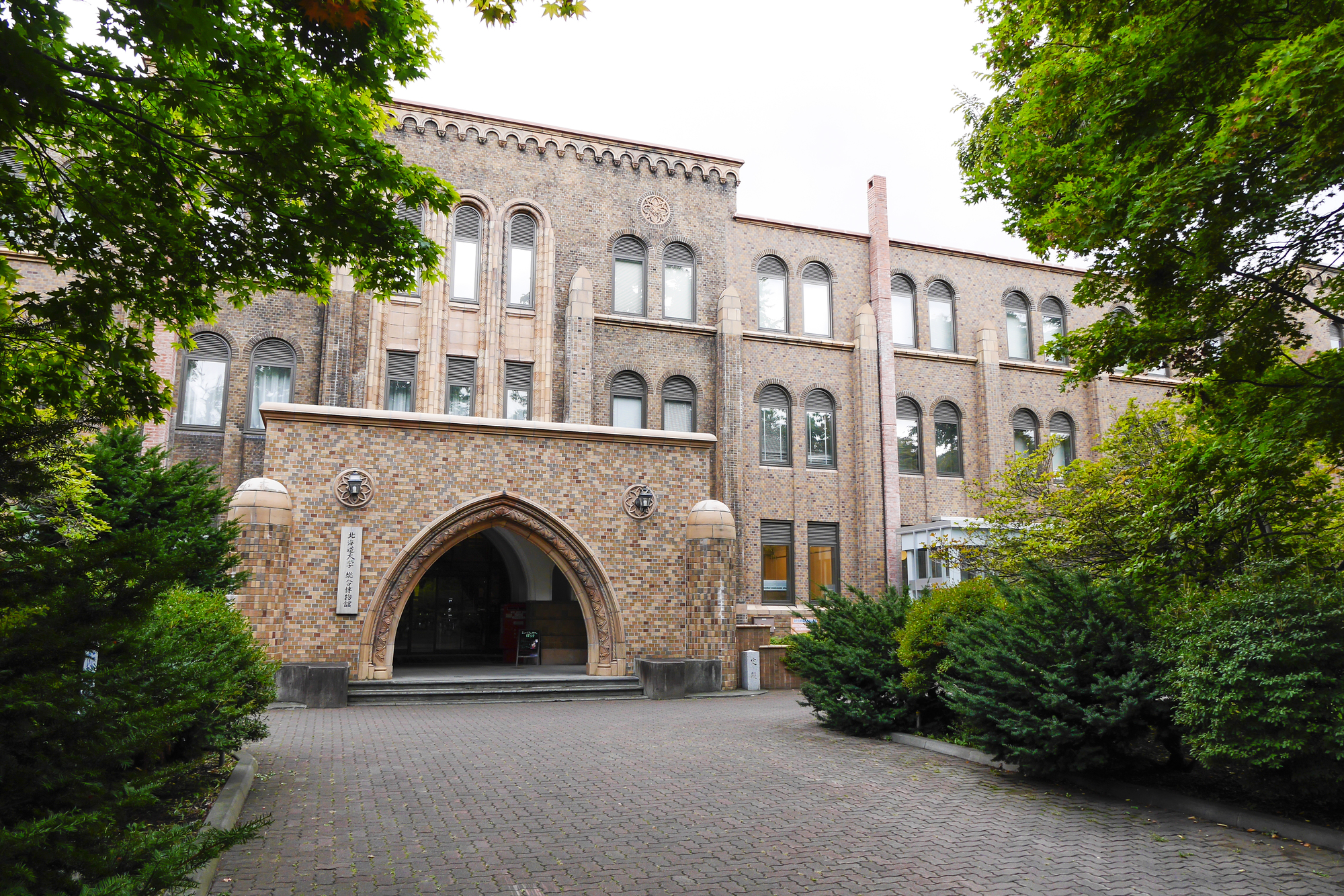A research group led by Assistant Professor Marco Yusup of the Institute of Electronic Science, Hokkaido University, found that non-anonymous people who know each other's names encourage mutual cooperation rather than anonymous people.
Mutual cooperation is essential for civilized daily life, but according to Darwin's theory of natural selection (the theory that explains the evolution of living things), selfish behavior often favors humans (and animals). ) Has not yet been fully elucidated how it has acquired cooperative behavior in the process of evolution.
Therefore, the research group promotes understanding of the evolutionary mechanism of cooperative behavior in human society through the "social dilemma experiment," which examines whether the participants in the experiment choose between self-interest (selfishness) and common interest (altruism). I aimed.
The experiment was conducted at Yunnan University of Finance and Economics in China with 154 students, and two conditions, anonymous and non-anonymous, were set.Participants in the experiment chose either cooperation, betrayal, or punishment, and rewarded them according to the results of their choices.As a result of repeating this experiment, under the condition that the participants were de-anonymized, the frequency of cooperation was significantly higher than in the case of anonymity, and the relationship was restored to a cooperative choice even when it started with punishment. There was a high probability that it would be done.It was found that the relationship tends to worsen under anonymous conditions, whereas there is a high probability that a good relationship will be established or maintained under non-anonymous conditions.
One of the interesting findings of this study is that even under non-anonymous conditions, it is inherently advantageous to pretend to be ignorant and continue to betray, but in reality cooperative behavior is promoted, resulting in The point that success (increase in reward) is promoted.The results reiterate that rationality is only part of the human criterion.
The results of this experiment suggest that decision-making in the face of social dilemmas is influenced not only by rationality, but also by various "cognitive bias = systematic deviation from rationality in judgment". ..In the future, it is expected that by clarifying the relationship between cognitive bias and decision-making in detail, it will be possible to promote decision-making based on rational thinking, and in the future, it will be a place for international decision-making such as environmental conservation negotiations. It is hoped that it will help to reach the target agreement.
Paper information: [Science Advances] Onymity promotes cooperation in social dilemma experiments

